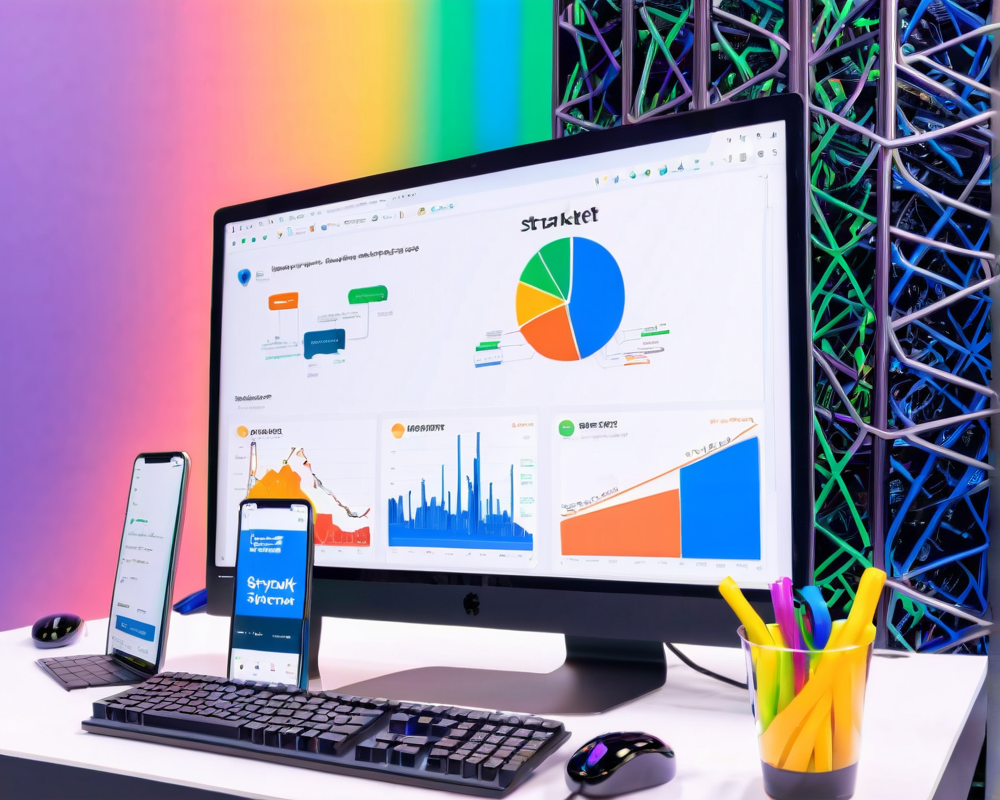Building Bridges Between South Korea and the U.S.
In an era where digital currencies reign supreme, South Korea and the United States are stepping up their collaboration on financial crime investigations. Recently, South Korean Justice Minister Han Dong-hoon paid a visit to New York to converse with U.S. officials about tackling the surging challenges posed by crypto-related crimes.
High-Stakes Meetings
Minister Han’s agenda included a notable meeting with Andrea M. Griswold, co-chief of the Securities and Commodities Task Force, alongside Scott Hartman from the same division. The discussions unfolded at the United States Attorney’s Office for the Southern District of New York, the epicenter of many securities fraud cases. What’s on the table? A robust exchange of information aimed at crafting timely responses to increasing digital asset-related challenges.
The Terra Investigations
One of the focal points of their discussions was the recent turmoil surrounding the Terra ecosystem, noted for its staggering $40 billion crash. Both nations are casting their nets in pursuit of Terra’s co-founder, Do Kwon, with various allegations swirling about fraud, market manipulation, and tax evasion. The two countries aim to bolster their investigative efforts regarding this crypto fiasco, recognizing it as a shared concern that transcends borders.
Why This Matters Now More Than Ever
The frothy world of cryptocurrencies has drawn unprecedented attention from regulators; thus, international cooperation is paramount. South Korea, famed for its rigorous regulations, has been proactive in enforcing Know Your Customer (KYC) and Anti-Money Laundering (AML) measures. Meanwhile, lawmakers in Korea are working tirelessly to establish a dedicated crypto oversight committee, ensuring new projects listed on exchanges undergo thorough evaluations.
A Glimpse at the Challenges Ahead
As both nations embark on this regulatory journey, they face a labyrinth of challenges. A stark example is a notorious ransom case from 2019, where a Dutch university forked over a whopping 200,000 in Bitcoin (BTC) to hackers. Despite investigators tracking a wallet linked to Ukraine, the recovery of funds took nearly three years, emphasizing the complex nature of tracking cross-border crypto transactions.
With the rapid evolution of the crypto landscape, this cooperation between South Korea and the U.S. represents just the beginning. As regulatory frameworks tighten, crypto criminals may soon find their escapades a lot less enjoyable.




